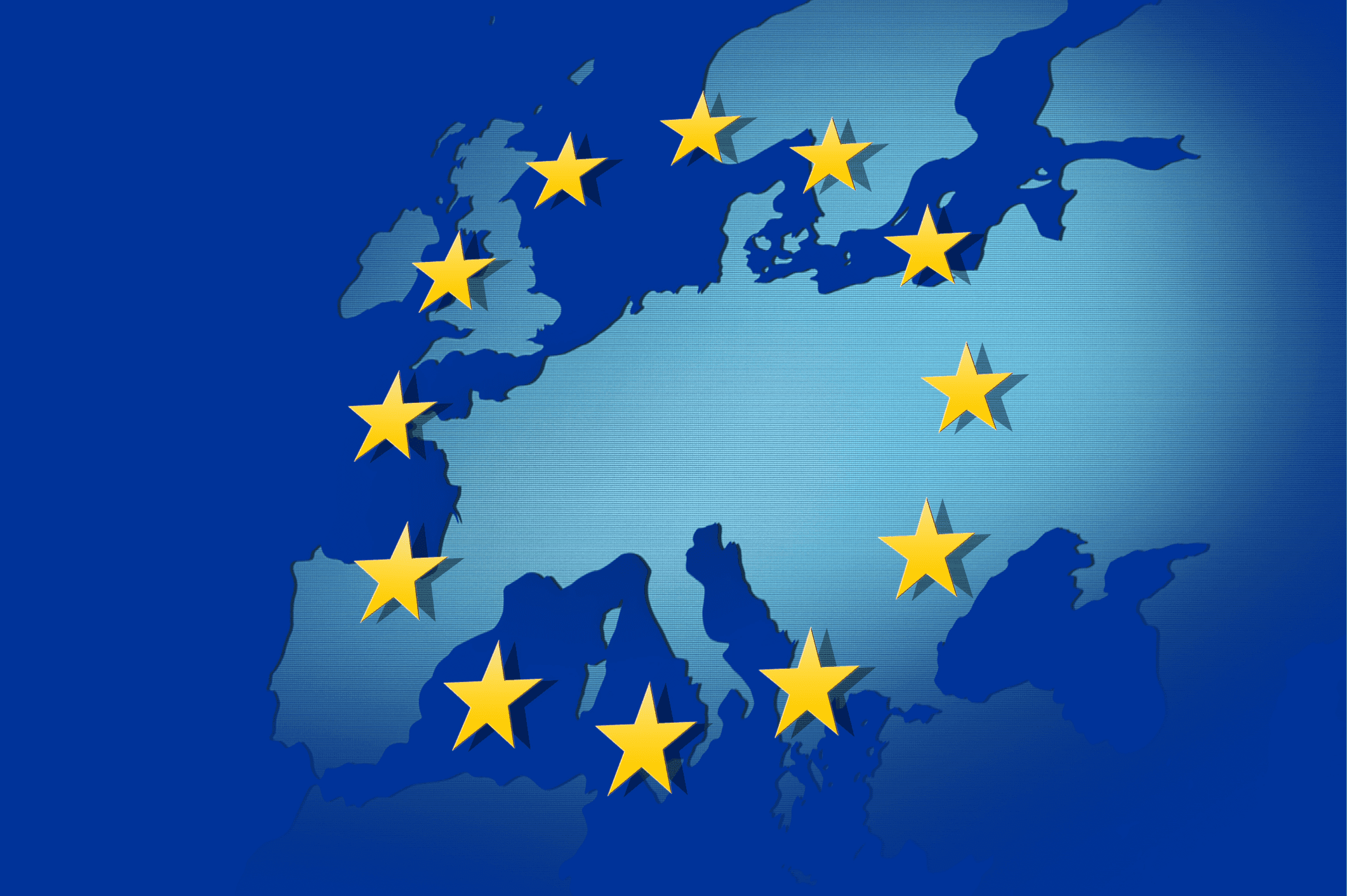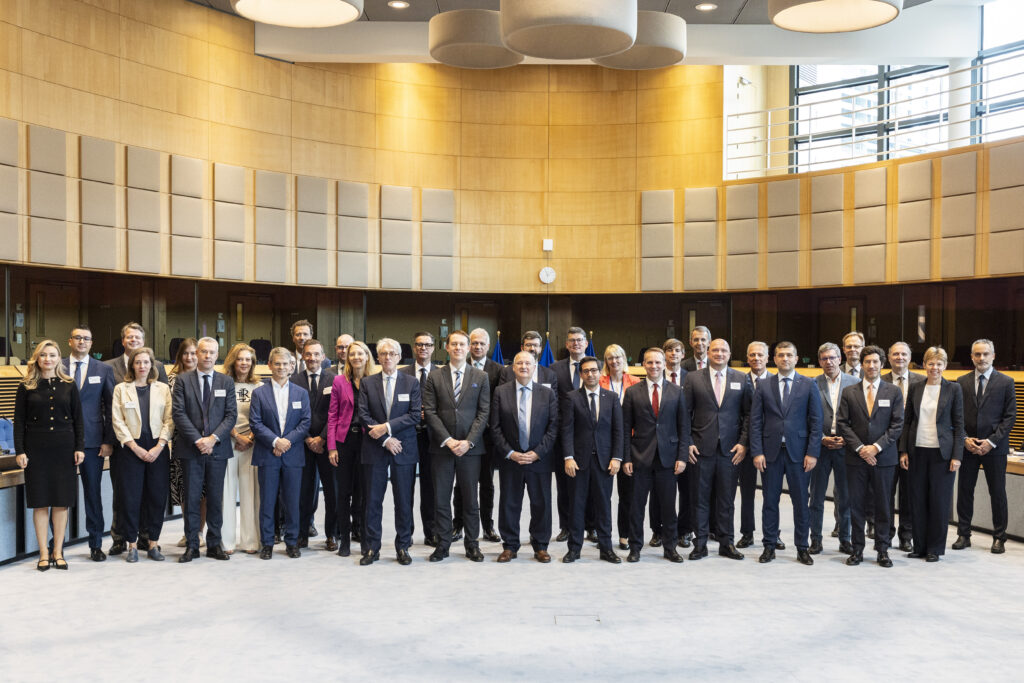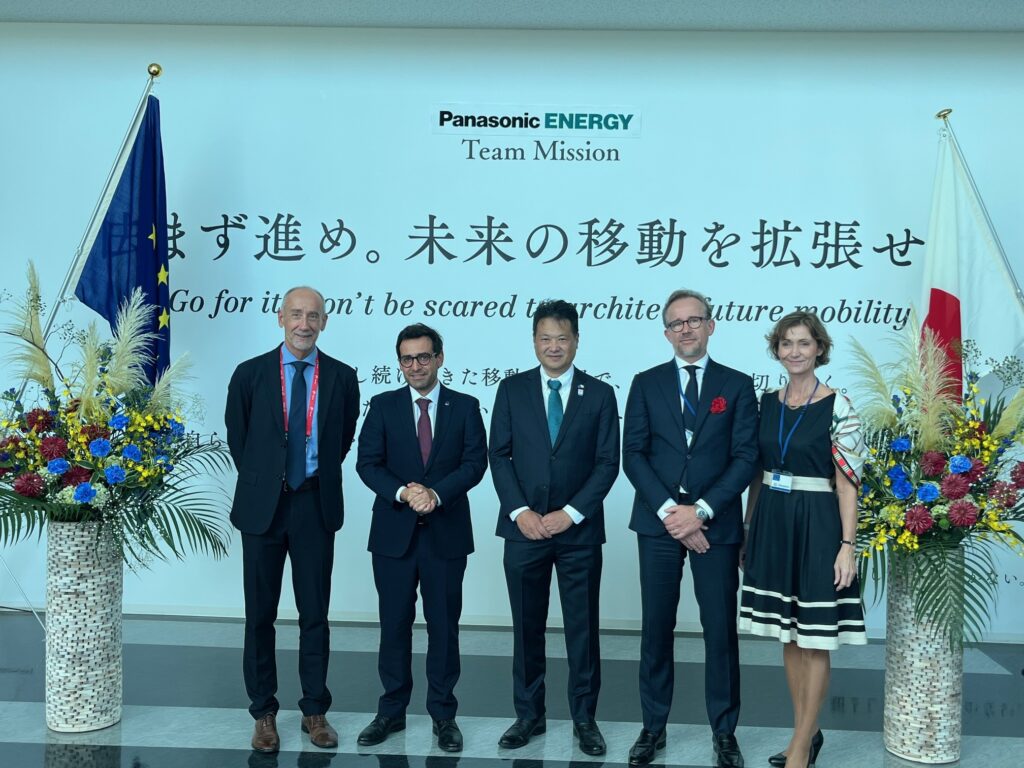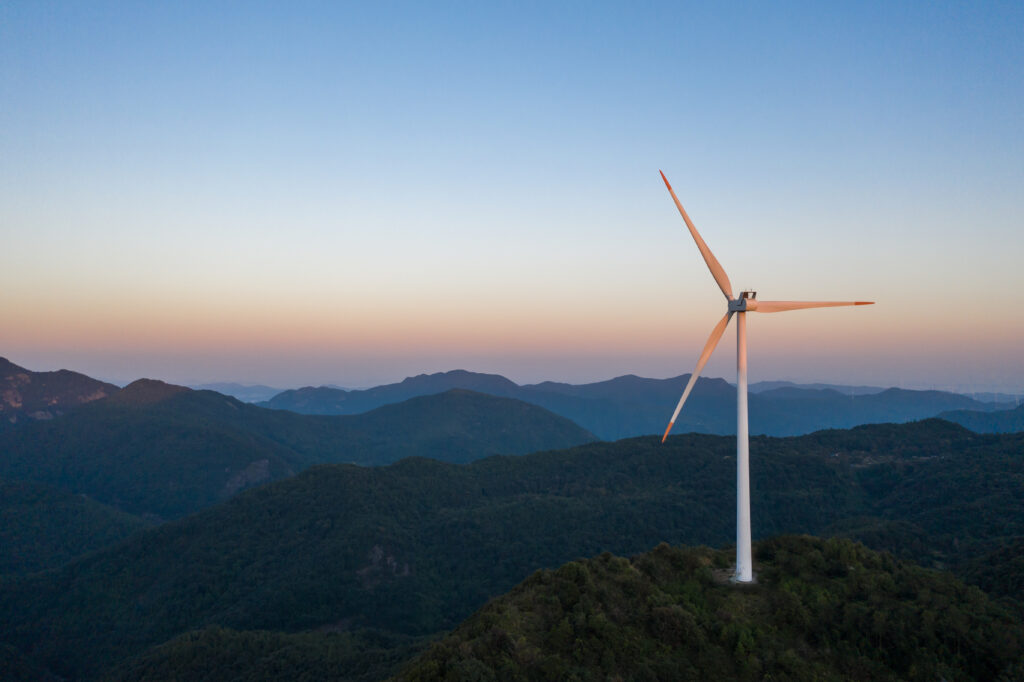EIT InnoEnergy welcomes the European Commission’s recommitment to forging a pathway for European industry to become more sustainable, digital, competitive and resilient.
Updated Industrial Strategy
The updated Industrial Strategy sets an ambitious vision for Europe’s energy transition and in doing so, underlines the key role that EIT InnoEnergy, its start-ups and industrial initiatives play in bringing this vision to life. From solar PV and hydrogen to storage and digital technologies, EIT InnoEnergy’s work is spearheading Europe’s decarbonisation.
The real industrial revolution is starting now
Commenting on the European Commission’s announcement, Commissioner Thierry Breton, responsible for the Internal Market, said: “The real industrial revolution is starting now – provided we make the right investments in key technologies and set the right framework conditions. Europe is giving itself the means for an innovative, clean, resilient industry which provides quality jobs and allows its SMEs to thrive even during the recovery process.”
Industrial value chains
As the European Commission stresses, building industrial value chains in strategic areas of the energy transition is a priority. The initiatives taken by EIT InnoEnergy to progress activities in green hydrogen and solar PV, alongside the European Battery Alliance, are a contribution to this effort. EIT InnoEnergy is very pleased to be driving the European Commission’s vision in this way.
Supporting the European Commission’s vision
Through our industrial value chain work, we are seeking to support the European Commission’s vision by:
- Realising the 20GW a year potential for solar PV over the next decade, which could create an additional €40 billion a year GDP and 400,000 direct and indirect jobs through the European Solar Initiative
- Developing a €100 billion a year green hydrogen economy that could create half a million direct and indirect jobs across the green hydrogen value chain by 2025 through the European Green Hydrogen Acceleration Center. The focus will be on accelerating industrial projects in hard-to-abate sectors such as steel.
- Building a pan-European battery industry – the European Battery Alliance – to capture a new market worth €250 billion a year by 2025
Addressing ongoing strategic dependencies
The revised Industrial Strategy also lends its support to addressing ongoing strategic dependencies, both technological and industrial, in some of these strategic value chains, including for batteries, hydrogen, semiconductors and cloud and edge technologies. The need to diversify international supply chains to protect EU competitiveness is critical, and presents another opportunity for industrial alliances and partnerships to have a positive impact.
Sustainability will be the core of Europe’s industrial competitiveness
It will now be vital for the European Commission to maintain this ambition to transform EU industry in the expected legislative proposals which will form the “fit for 55” package. Sustainability will be the core of Europe’s long-term industrial competitiveness and enhanced support for innovation will be the path to success, including to achieve the decarbonisation of hard-to-abate sector such as steel.



